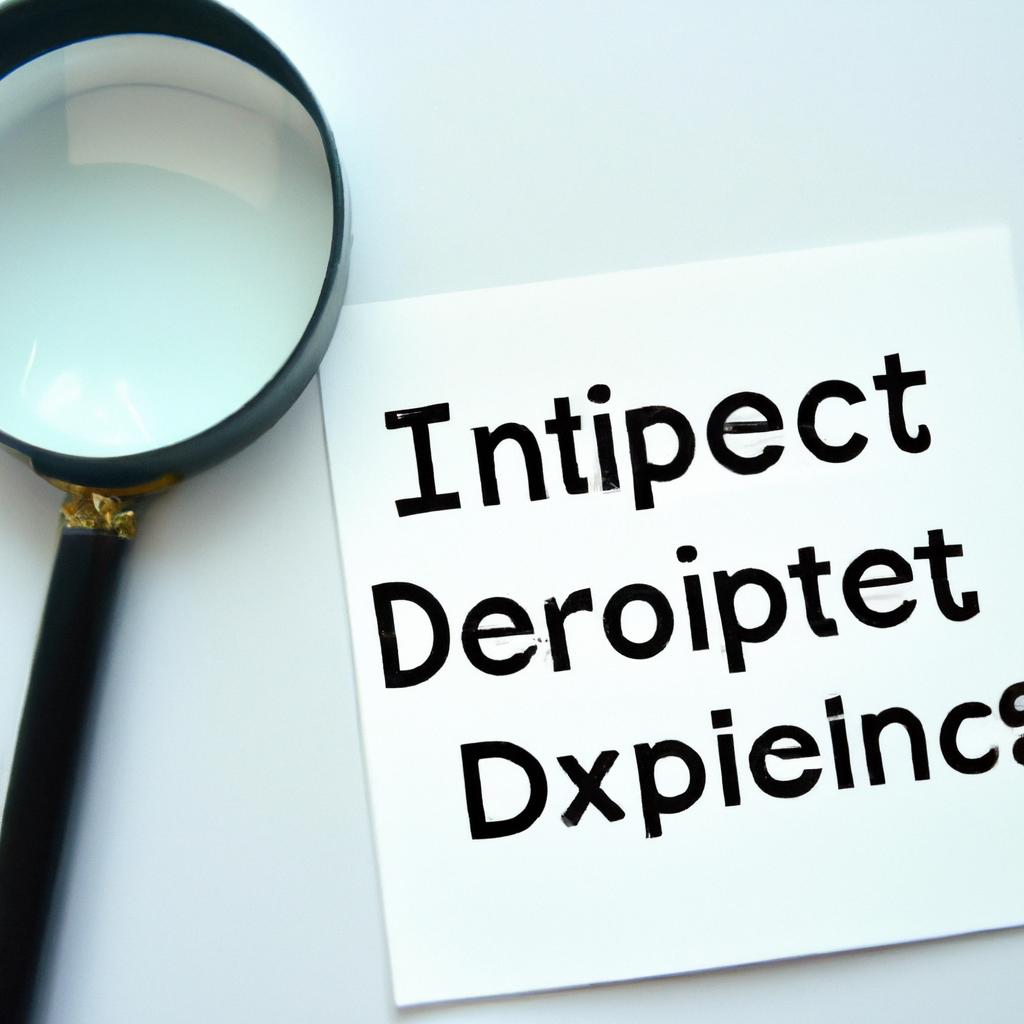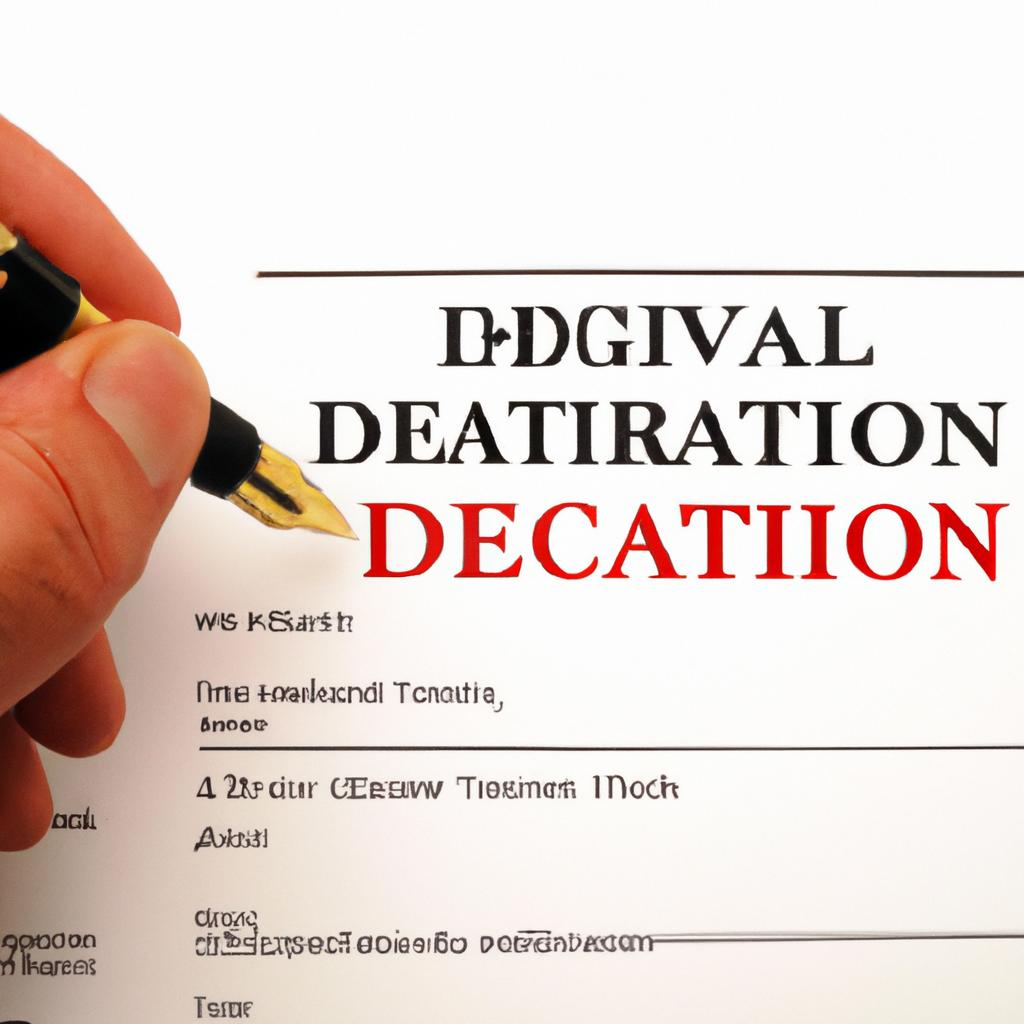As experienced attorneys at Morgan Legal Group, located in the heart of New York City, we often encounter the question of property ownership in relation to deeds. Many individuals believe that possessing a deed equates to full ownership of a property, however, the legal landscape surrounding this issue is far more complex. In this article, we will delve into the nuances of property ownership and the role that deeds play in determining one’s rights and interests in real estate. Join us as we explore the intricacies of property law and provide insight into the crucial question: if you have a deed, do you truly own the property
Understanding the Legal Significance of Holding a Deed to Property
Having a deed to a property is a significant legal document that signifies ownership rights over the property. However, simply possessing a deed does not automatically mean that you own the property outright. There are several factors to consider when determining the legal significance of holding a deed to property.
First and foremost, it’s essential to understand the type of deed you have and the rights it conveys. There are various types of deeds, such as warranty deeds, quitclaim deeds, and special warranty deeds, each carrying different levels of assurance regarding the property title. Additionally, the deed must be properly executed and recorded with the appropriate government authority to be legally binding. Furthermore, any discrepancies or errors in the deed can affect the validity of ownership rights. Remember, owning a deed is only the beginning of the legal process to confirm ownership of a property.
The Importance of Title Searches and Due Diligence in Property Ownership
When it comes to property ownership, simply having a deed does not automatically mean that you own the property. Title searches and due diligence are crucial steps in ensuring that you have legitimate ownership rights to a property. Without these important processes, you could face unforeseen legal issues that may threaten your ownership rights.
By conducting a title search, you can uncover any potential liens, encumbrances, or other issues that may affect the property’s ownership. Additionally, due diligence involves thoroughly researching the property’s history, ownership records, and any potential legal disputes. These steps are essential in protecting your investment and ensuring that you have clear and marketable title to the property. In the world of property ownership, knowledge is power, and a comprehensive title search and due diligence process can provide you with the peace of mind that comes with knowing that you are the true owner of the property.

Navigating Potential Disputes and Liabilities Associated with Deed Ownership
When it comes to deed ownership, many individuals mistakenly believe that holding the deed to a property automatically translates to full ownership. However, it is important to understand that owning a deed does not necessarily equate to owning the property outright. There are various factors and potential disputes that can arise regarding deed ownership, which can lead to liabilities if not properly addressed.
One key aspect to consider when is the issue of legal title. While holding a deed may suggest ownership, legal title is what ultimately determines ownership rights. It is crucial to conduct a thorough title search to ensure that there are no encumbrances or competing claims to the property. Additionally, understanding the terms and conditions outlined in the deed is essential to avoid any misunderstandings or disputes in the future.

Consulting with Experienced Real Estate Attorneys for Sound Legal Advice
When it comes to property ownership, having a deed to a piece of real estate is a significant step in establishing legal ownership. However, simply possessing a deed does not automatically mean that you fully own the property. There are various factors and considerations that must be taken into account to determine the true ownership status.
Consulting with experienced real estate attorneys can provide you with sound legal advice on the specifics of your situation and ensure that you have a clear understanding of your rights and responsibilities. Our team at Morgan Legal Group in New York City specializes in real estate law and can assist you in navigating the complexities of property ownership, transfer, and dispute resolution. Let us help you protect your interests and secure your ownership rights through expert legal guidance.
Q&A
Q: If I have a deed, do I automatically own the property?
A: Not necessarily.
Q: What does having a deed mean?
A: A deed is a legal document that shows you have ownership or interest in a property.
Q: So, if I have a deed, what else do I need to do to own the property?
A: You may also need to satisfy any outstanding liens or encumbrances on the property.
Q: Can someone else claim ownership of the property even if I have the deed?
A: It is possible, if there are competing claims or disputes over ownership.
Q: What steps can I take to ensure I truly own the property if I have the deed?
A: It is recommended to consult with a real estate attorney to review the deed and ensure proper title transfer.
Q: Can a deed be revoked or invalidated?
A: Yes, a deed can be revoked or invalidated if it is found to be fraudulent or if there are errors in the transfer process.
Q: What should I do if I have questions or concerns about my deed or property ownership?
A: It is best to seek legal advice to address any issues or uncertainties regarding your deed and property ownership.
In Conclusion
In conclusion, owning a deed to a property does not necessarily mean you own the property itself. It is important to understand the difference between legal ownership and possessing a physical document. Always consult with a lawyer or real estate expert to fully understand your rights and responsibilities when it comes to property ownership. Thank you for reading, and may you navigate the world of real estate with confidence and clarity.

